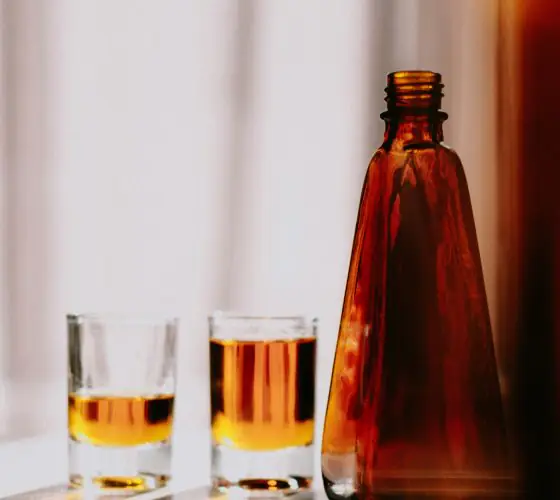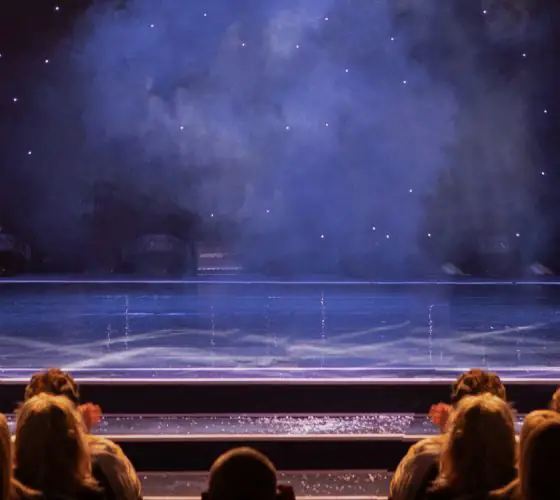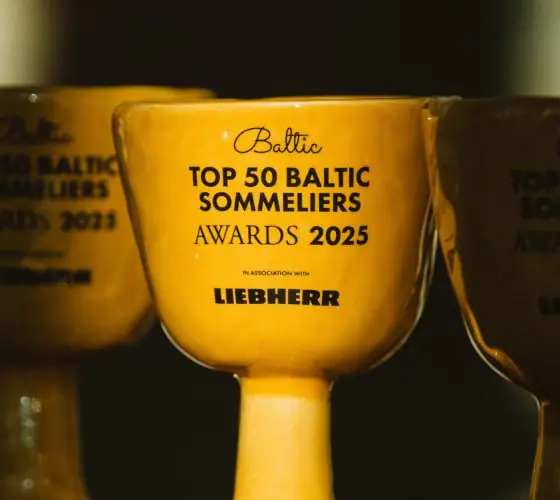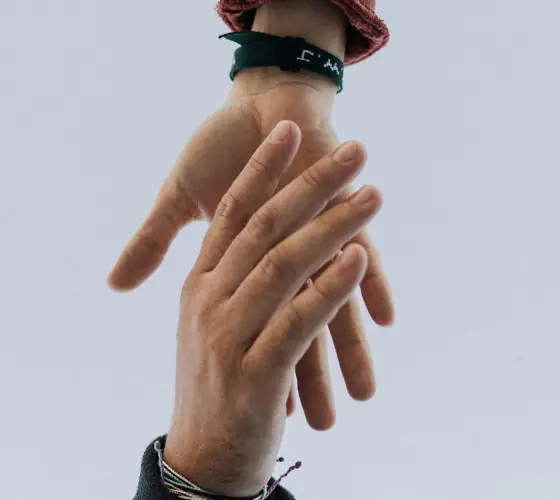
gunarsbinde.com
Gunars was born in Tiltini, a countryside house in the middle of Latvia near Jelgava. Peasant family, rural work. He hated all that but had to put up. The creative spark had ignited anyway.
“ 1935. In the years before the war, cars were rare yet sometimes I could see them driving along a sand road near to my house. As the car passed, I ran to see what kind of prints it left on the sand. Then I drew these prints based on memory ”
So Binde began to dream of joining art school. But after receiving “no art, need something practical” from his father, he went to study Electrical Engineering. The creative spark didn’t go away. Nor had it gone after serving three years in North Morsk. That’s where the passion for cinema replaced the passion for drawing. And from there it wasn’t far until photography.
Extension of the arm
FED-2. Binde’s first camera – mum’s gift for graduating from tech school. This moment can be seen as the beginning of his photography journey. He later said about his main instrument: “The camera is just an extension of the arm. But speaking rationally, it is an instrument. It’s a pencil to write a verse. And this “pencil” helps you write in visual language. It writes beautifully if in the right person’s hands. One can simply say: “There was no rain today.” Or one can describe what this day was like without the rain. And this will be much stronger.
It’s nice and all but what was Binde writing about then?

gunarsbinde.com
Nude
Traditionally, this burning word is associated with both Binde’s name and his creativity. Indeed, he’s worked a lot in this genre. Many are likely to wonder, why. His answer is simple: for him, nudity is only about the shape. The shape of the human body cooperating with other shapes in the photograph. And just because the human body consists of infinite shapes (look at one hand with its five different fingers), the creative field is close to infinity.
Binde is convinced that art can’t be vulgar. As long as it’s truly art.



He rarely talks about his favourite works but the “Nude” – the gold example from his nude collection – was mentioned by him many times.
“ It’s a harmonious connection between the human body and other shapes and textures: like nature, light, and other person’s body ”
Speaking portraits
Portrait photographs appear equally often in Binde’s collection. But usually, these portraits contain little secret: probably all of them are truly psychological ones. It doesn’t matter what you see in the photograph; what matters is emotion, a universal one, passed through a particular person and a particular work. So when once he presented his new work with a straightforward title “Psychological Portrait,” many didn’t realise: “Who is this girl in the photo?”. He didn’t answer, because who, as we understood, is not important at all.

gunarsbinde.com

gunarsbinde.com
If you were born and raised in Latvia, one of his works (almost certainly) should be familiar to you.

gunarsbinde.com
A portrait of Eduards Smilgis, the legendary Latvian theatre director, is considered to be the most well-known work of the photographer. In 1965 Smilgis was forcibly sent to retirement. The scale of the personal problem is very clear. Gunars and Smilgis were acquainted, and the portrait was made during their last meeting. In the end, this work is one of the best representatives of Binde’s portrait philosophy; he even called it the “Absolute Psychological Portrait.”
Light
Light. Inspiration, assistant, photographer’s close friend. But in Gunars’s life, light gained significance even before the photo appeared, as for several years he worked as a theatrical electrician. Very symbolic: the master of light has later devoted his entire life to photography – “drawing with light.”
Truly devoted: photographed, taught, constructed cameras himself.
The muse
“Where do you get inspiration from?” is one of the most frequent questions for any creator. Ancient plots, myths and biblical wisdom are always here to help Binde in search for characters. However, and undoubtedly, any creator also needs a muse. For Binde it is his beloved wife Tanya.

gunarsbinde.com
Levitation
It’s time to reveal the cards: aside from photography, Binde is also a magician, and the art of levitation is his specialization. Joking aside, how else can we explain flying people in 80 of his works? And no, there is nothing to do with photoshop.

gunarsbinde.com
This series is one of his most famous. And here, Tanya is the lead model as well. To convey these blissful human dreams of flight and freedom, using only two ingredients – the human body and beautiful Latvian landscapes – is his main goal here. It’s still not clear to everyone how these photos were created. Magician’s secret, after all. So let the miracle remain.

gunarsbinde.com
The Color
If our hero sold his soul to anyone, it was black and white. According to him, the art of colour is painting. A painter can rule colors, photographer – can’t. Now, with the help of editing, you can change the colour of the photograph after it is already made. But the point is that you change it postfactum. And Gunars doesn’t want to own colours only partly.
An ode to human
More than once Gunars has admitted that, more than anything else, he is interested in “portraying” human thinking. What’s on the inside is what interests him most. It can be said that in his creativity he deals with exploration of the human soul. And his own soul as well. For him, art is a scream that was heard.

gunarsbinde.com

gunarsbinde.com
All images were taken from the official website






